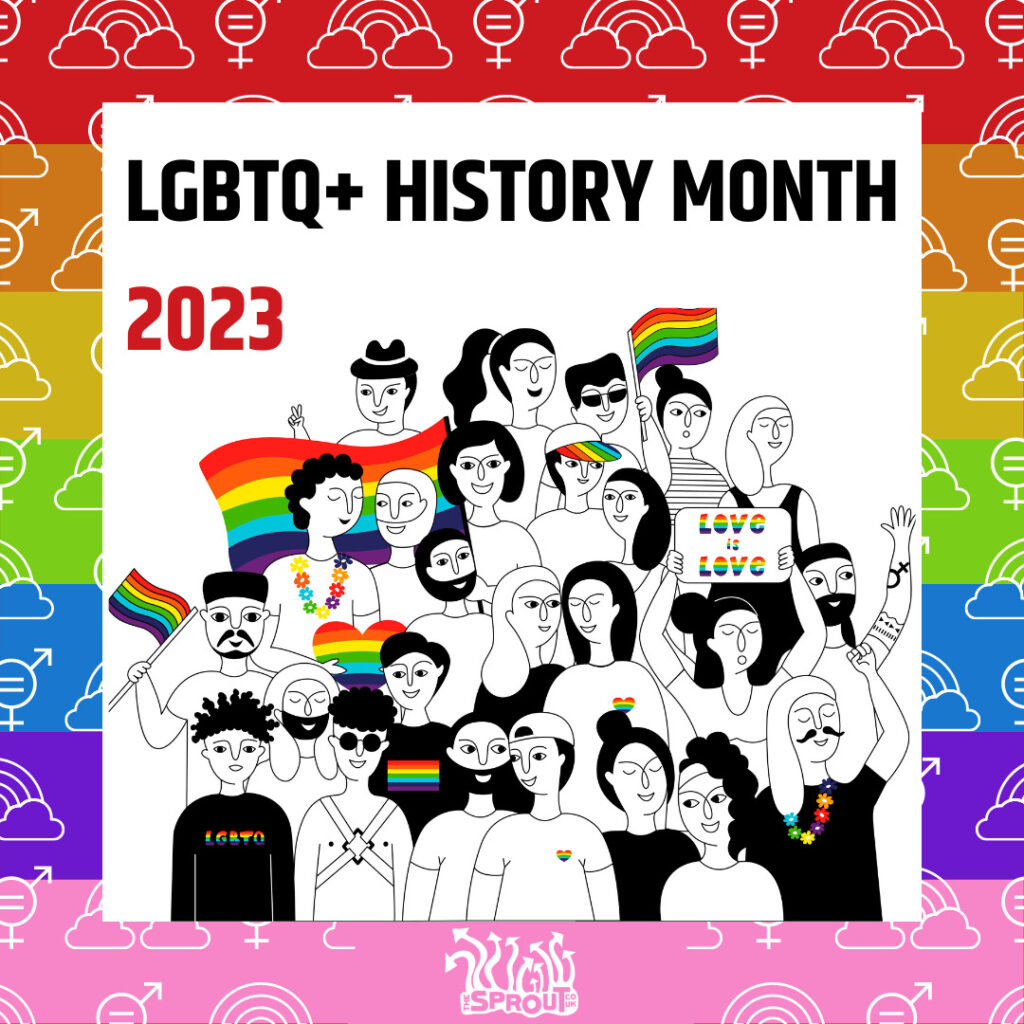Despite increasing support and rights for LGBTQ+ individuals, LGBTQ+ History Month is still an important annual event.
What is LGBTQ+ History Month?
LGBT History Month is celebrated every February in the UK to coincide with the first attempt at the abolition of Section 28 in February 2000. Section 28 was abolished in November 2003. It has been celebrated in the UK since 2005, however, the event began in the USA in 1994. The aim of LGBTQ+ History Month is to promote equality and diversity for the benefit of everybody.
The theme for LGBTQ+ History Month in 2023 is Behind the Lens, which celebrates LGBTQ+ peoples’ contribution to cinema and film from behind the lens. This includes directors, cinematographers, screen writers, producers, animators, costume designers, special effects, make up artists, lighting directors, musicians, choreographers and beyond.
To celebrate, check out these recommendations for LGBTQ+ films and TV shows.
When does homosexuality date back until?
Most historians agree that there is evidence of homosexual activity and same-sex love in every documented culture. Attitudes have changed throughout time and in different cultures, ranging from acceptance to persecution.
Why do we still celebrate LGBTQ+ History Month?
LGBT+ History Month is still very important as even though there is increased visibility and acceptance in society, there is still a lot of ignorance and misunderstanding of the LGBTQ+ community. LGBTQ+ History Month is an opportunity to reflect on some of the challenges for the LGBTQ+ community, how they were overcome and how to support the community with challenges that LGBTQ+ people still may face. It’s also an opportunity to raise awareness, celebrate progress and create an environment where people feel it’s safe to learn, ask questions and be curious.
How have LGBTQ+ rights changed in the UK over time?
In the UK, The Buggery Act of 1533 was the first time that a law persecuting homosexuality was passed by Parliament, during the reign of Henry VIII. This was punishable by death up until 1861 with the Offences Against the Person Act and replaced with a minimum of 10 years of imprisonment. In 1885, The Criminal Law Amendment Act made any male homosexual act illegal, whether there were witnesses or not. The law was so vague that it became well known as the ‘Blackmailer’s Charter’ and even letters expressing love for another man was enough for prosecution! In 1895, famous Irish writer Oscar Wilde fell victim to this law.
Fast forward to modern society and lots of things have changed, including increased human rights, acceptance and support for LGBTQ+ individuals. If you’re interested more in how LGBTQ+ rights have changed over time in the UK, check out this video:
Related Information
Whether you are LGBT+ or would like to support someone who is, you can find help and advice here.
Unsure what LGBTQ+ means? Have a look at TheSprout’s LGBT+ Glossary.

